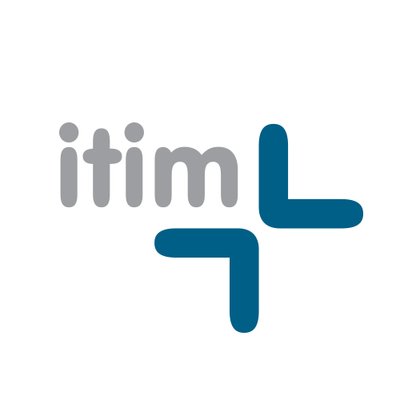Retailers can no longer view digital transformation as an optional luxury; it’s become essential for staying competitive and keeping customers engaged. As technology continues to evolve, spending on digital solutions is rising rapidly. In 2023, global expenditure on digital transformation reached an impressive $2.15 trillion, marking a significant increase of over 16% compared to the previous year. The widespread adoption of cloud technologies is at the forefront, with more than 90% of organisations worldwide integrating them into their operations, making it the most widely adopted emerging technology.
At its core, digital transformation is like giving your retail business a technological overhaul. When executed effectively, it can not only enhance your brand’s reputation but also drive sales growth. It involves embedding digital technologies throughout the retail business, fundamentally altering the way you operate, sell, and engage with customers. Whether it’s setting up an ecommerce platform, developing a mobile app, personalising customer experiences using data, or implementing real-time inventory systems, the impact of digital transformation is far-reaching. It requires a complete rethinking of business models from a digital perspective, enabling more efficient operations and a sharper focus on customer satisfaction.
The shift towards digital transformation is not just a passing trend but a strategic move to survive in today’s highly competitive market. With global ecommerce sales projected to reach $6.33 trillion in 2024, and mobile ecommerce contributing nearly $2.5 trillion, the growth shows no signs of slowing. As retailers turn to technologies like big data, artificial intelligence (AI), and the Internet of Things (IoT), they are gaining deeper insights and improving the overall customer experience. The investment in retail AI alone is expected to skyrocket from $5 billion in 2022 to over $31 billion by 2028, reflecting the increasing reliance on technology to stay ahead.
Customers now demand more from retailers. Around 60% of shoppers expect personalised experiences and tailored interactions based on their unique needs. In response, retailers are shifting towards a digital-first approach, reimagining their business models and customer engagement strategies to meet these evolving expectations.
The benefits of digital transformation are clear. By integrating digital technologies, retailers can create more engaging customer experiences across both online and offline channels. For instance, product recommendations based on browsing history or previous purchases can be combined with augmented reality (AR) features, allowing customers to virtually try on products like shoes.
Beyond customer interaction, digital transformation also enhances operational efficiency. Automating processes and streamlining workflows enable retailers to make data-driven decisions in real time. A digital supply chain, for example, allows for more accurate inventory tracking, demand forecasting, and stock optimisation across various locations, all of which contribute to smoother operations and better decision-making.
Retail digital transformation means completely rethinking business operations and customer engagement through the lens of digital technology. It involves more than just adopting new tools; it requires reshaping the entire customer journey, from initial discovery to post-purchase support. This transformation often extends to company culture and business models, aligning them with the demands of a tech-driven world.
Various digital technologies are playing key roles in the retail industry today. Ecommerce websites and mobile apps provide the foundation for online shopping, while artificial intelligence supports product recommendations and chatbots enhance customer service. Augmented reality offers virtual try-ons, and IoT devices enable more effective inventory management. Technologies like blockchain are improving supply chain transparency, and big data analytics provide invaluable insights for retailers looking to fine-tune their strategies.
The digitalisation of retail blurs the lines between online and physical shopping experiences, creating a seamless integration known as “phygital” retail. Consumers are increasingly expecting retailers to offer convenient features like “buy online, pick up in-store” (BOPIS) and real-time inventory visibility. Digital transformation empowers retailers to deliver personalised, cohesive experiences at every touchpoint, meeting modern shoppers’ demands for convenience and personalisation.
The retail sector is undergoing a fundamental shift, with digital transformation driving both customer experiences and operational efficiency. Retailers who embrace these changes are positioning themselves to thrive in an increasingly digital marketplace.
itim Group plc (LON:ITIM) is a SaaS-based technology company that enables store-based retailers to optimise their businesses to improve financial performance and effectively compete with online competitors. Itim adds retail value by helping multi-channel retailers optimise their business and their stores to improve financial performance and compete more effectively with the “Amazons”.


